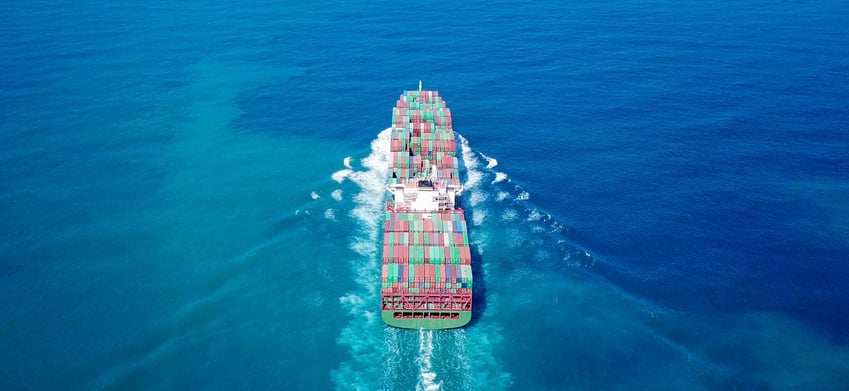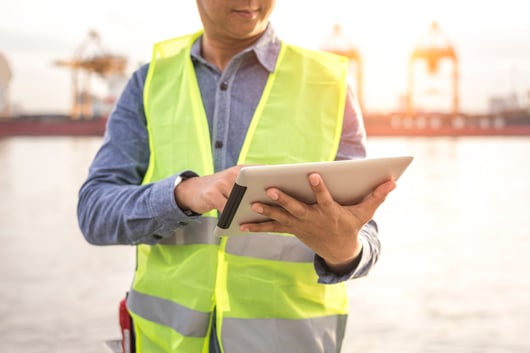
WHAT IS IMO 2020?
On January 1, 2020, the International Maritime Organization (IMO) imposed new emissions standards designed to decrease pollution produced by the world’s ships. The IMO has banned shipping vessels using fuel with a sulfur content higher than 0.5% (the most commonly used marine fuel has a sulfur content of 2.7% to 3.5%). Only ships fitted with sulfur-cleaning devices known as scrubbers will be allowed to continue burning high-sulfur fuel.
Failure to comply with these regulations can result in fines, vessels being detained, or imprisonment in some jurisdictions.
THE GLOBAL IMPACT
Though ocean freight is the cornerstone of transportation and will suffer the blow first, this new law has created a ripple across all modes. Oil majors such as BP and Shell announced they are producing fuel that meets the 0.5% sulfur content requirements. However, the demand and consumption of low-sulfur fuel has resulted in higher prices and tighter supply for global shipping. Prices are expected to climb.
The question everyone is asking is… will there be enough fuel?
Will the costs be absorbed or passed on? If so, to whom?
DO YOU HAVE A PLAN?
There’s no running away from IMO 2020. The new emissions standards will affect all areas of the industry at some point. If you have not put a plan in motion to protect your supply chain from the impact, you are at risk. If you don’t know where to start, consider partnering with BNSF Logistics. We can provide valuable insights and expertise to navigate these changing waters.
- Need some direction? If you need assistance in gauging your company’s responsibilities amidst this change, we can figure it out for you. We can determine how much risk you’re exposed to, and next steps.Our experts can help with the following:
- Need help with pricing and optimization? It’s important to understand where additional costs pop up. The ocean fleet will be dipping into additional reserves that will directly affect the cost of fuel. If you are integrated, this effect can quickly multiply. We can help put pricing in place now to mitigate the rising costs. Additionally, our team can review your shipment data to maximize efficiencies. There may be something that fits a different mode, i.e. switching from FCL to Consolidated or LCL. This could mean longer transit times, but also great savings per move and insulation from fuel hikes, which would be partially absorbed by the rail.
- Need a project manager? With supply chains becoming increasingly globalized and regulated, it’s never been more critical to have a knowledgeable logistics partner on your side. We take on the master planning of your most complex cargo, consistently delivering projects on time, on budget, and within scope. We’ll do all the coordinating between the shipper, receiver, functional teams, third-party vendors, and suppliers.
WE DELIVER WHAT MATTERS
While the impact of IMO 2020 may not be immediate for all regions, our goal is to keep you informed along the way, and to move your goods from Point A to Point Anywhere with ease and efficiency. We can do all of the above or simply guide you down the right path, allowing you to make decisions on your own. Click here for more information on our services.
The easiest first step is to contact us!
SEND AN EMAIL TO:

Authors:
Ian Rozmiarek, Enterprise Business Development Director
Frankie Tijerina, Content & Channel Marketing Manager





 Blog Home
Blog Home